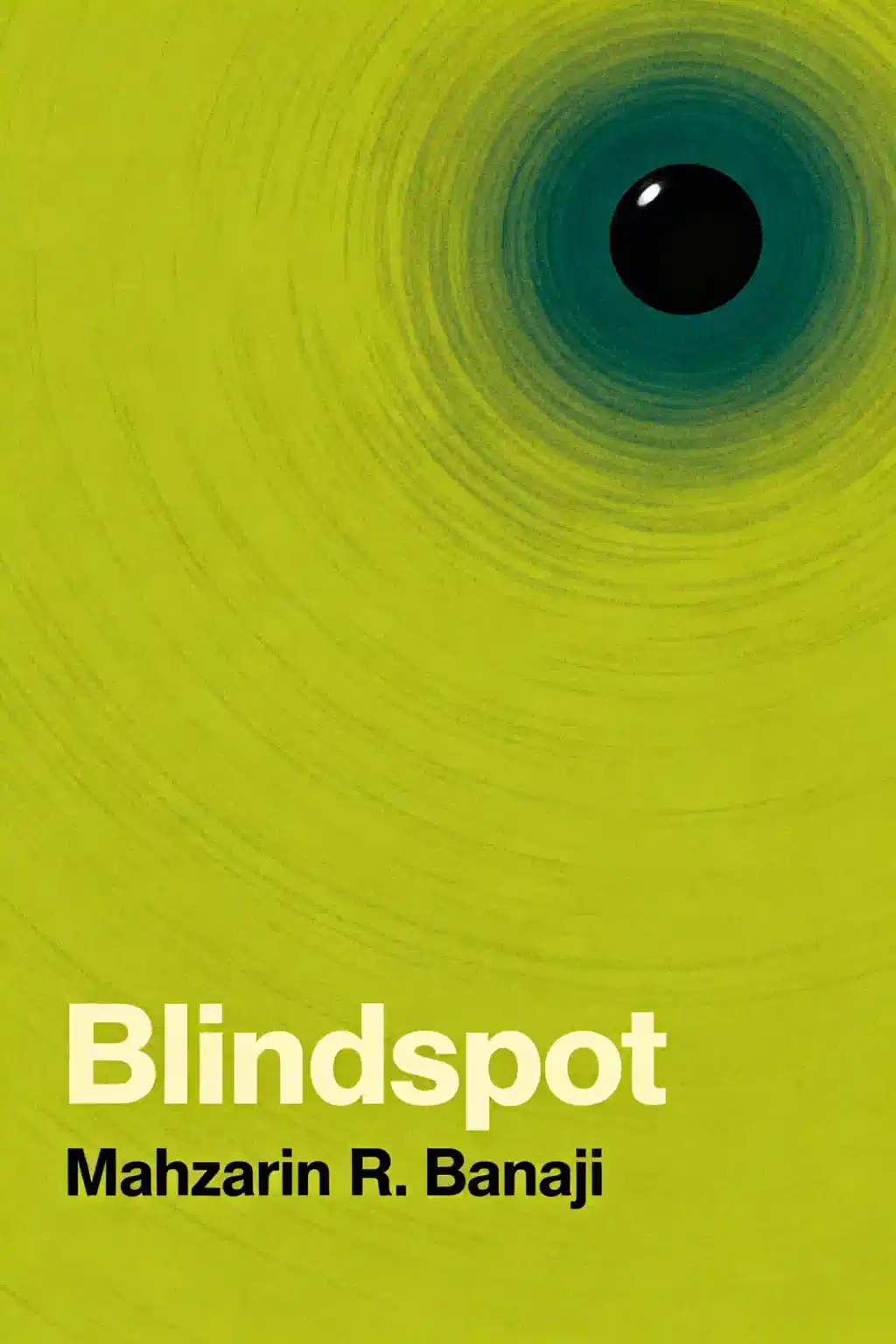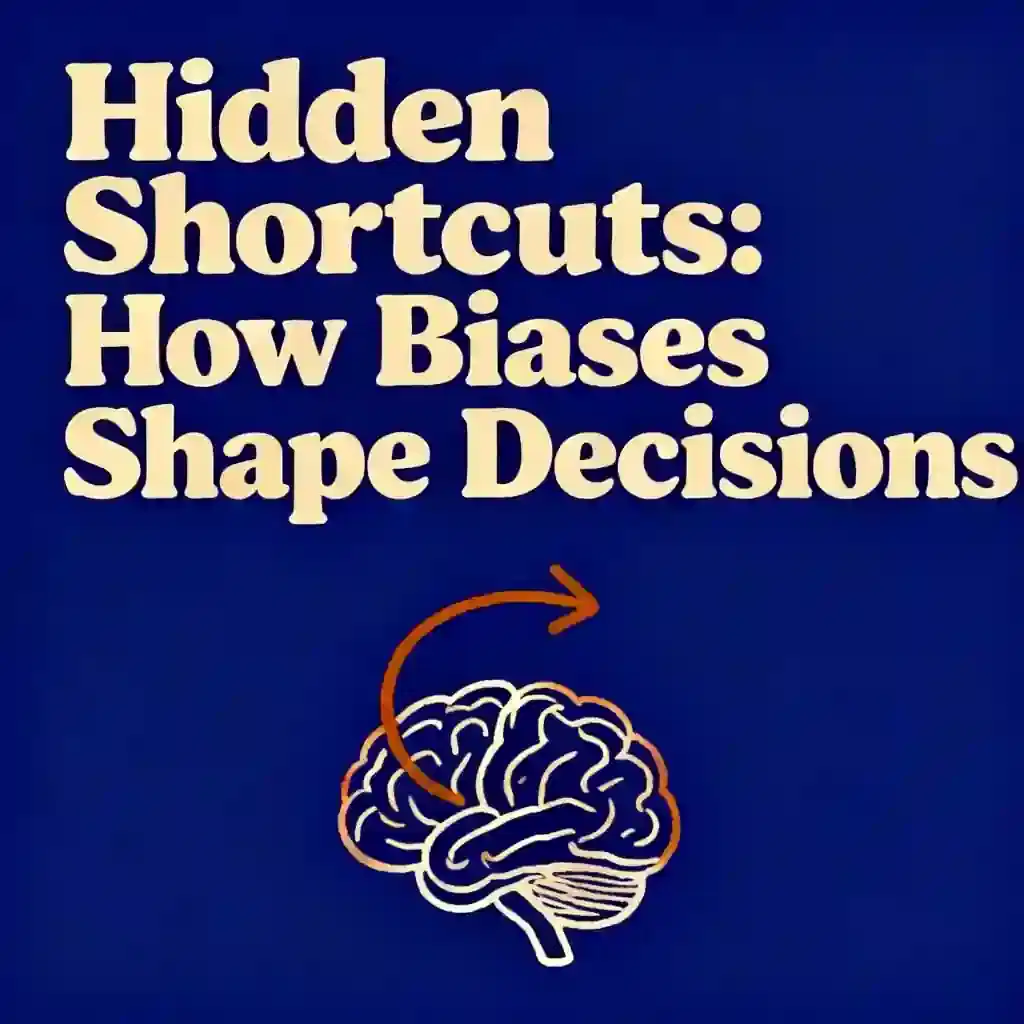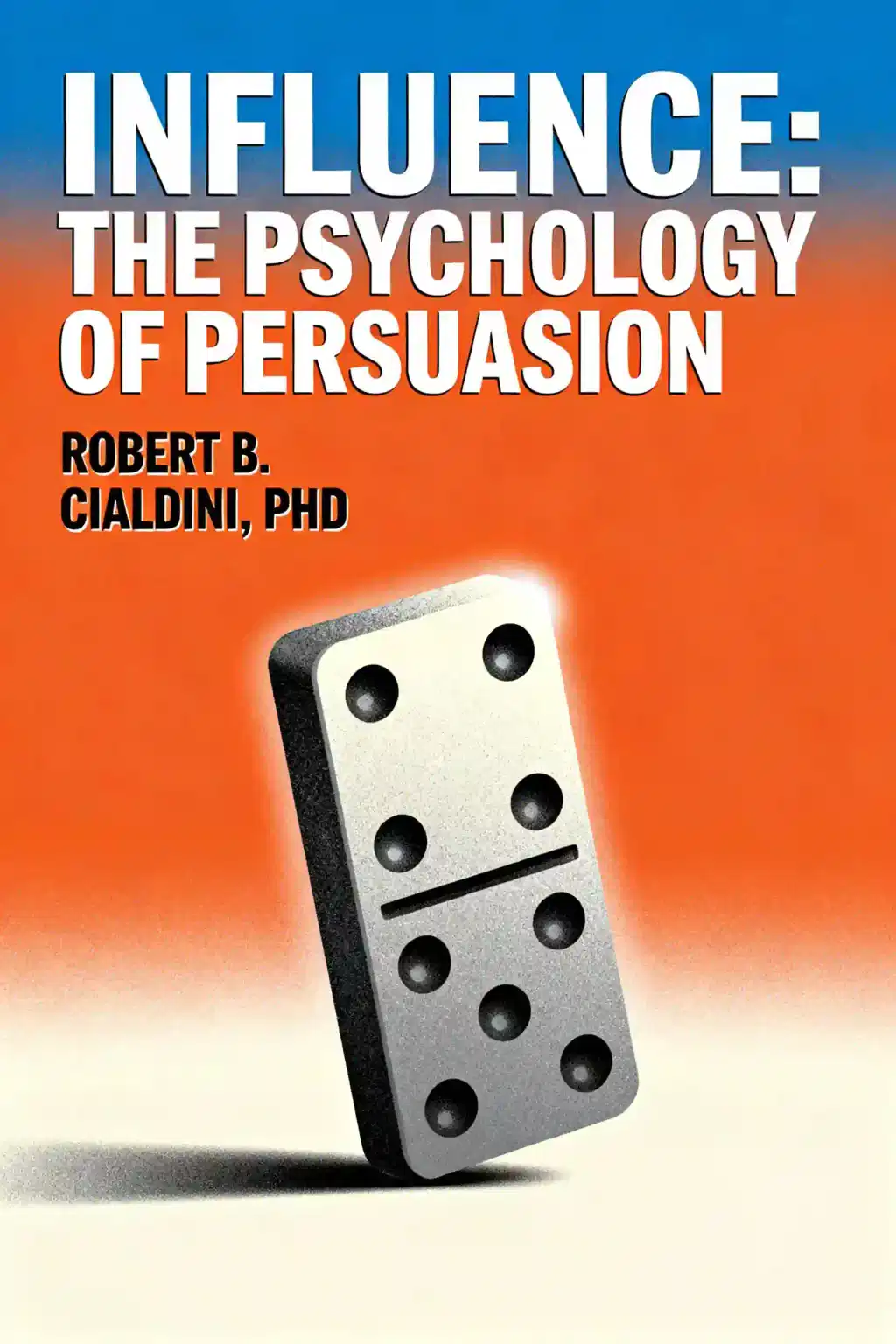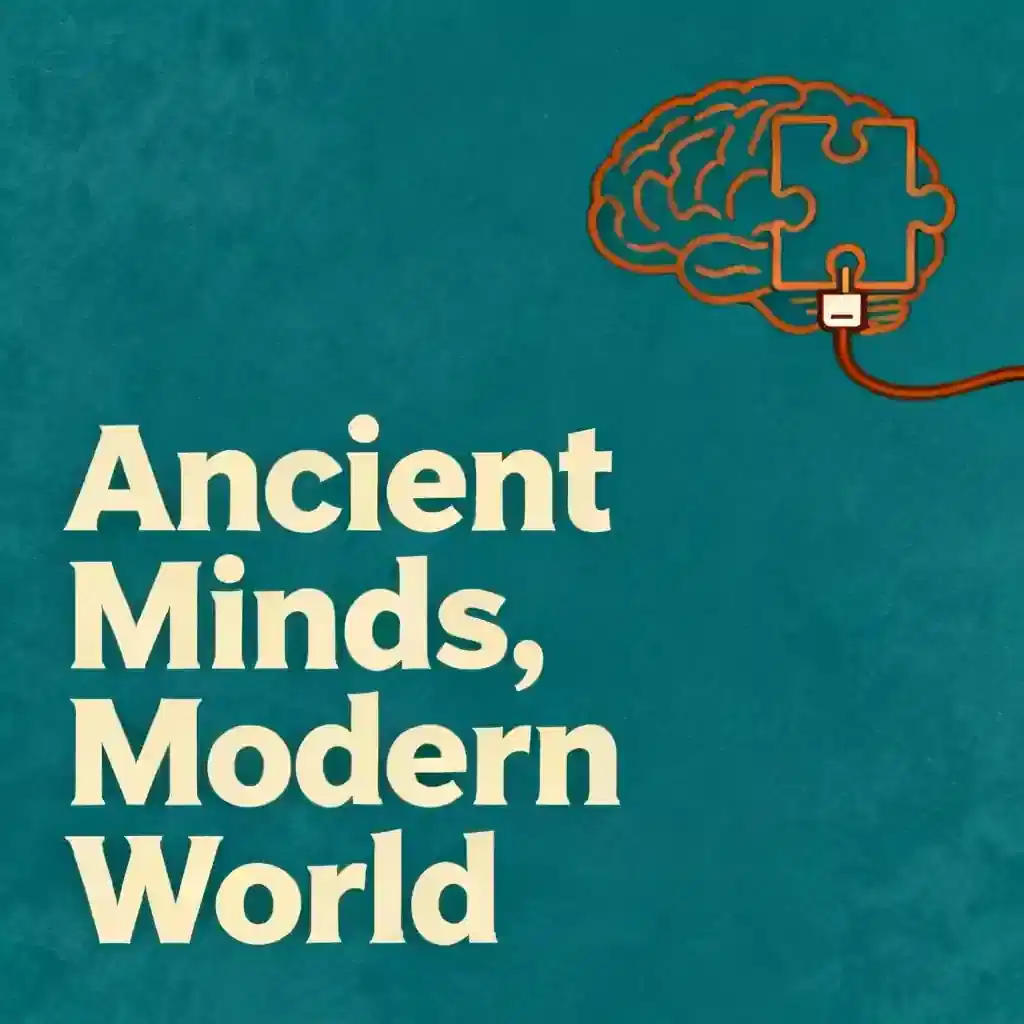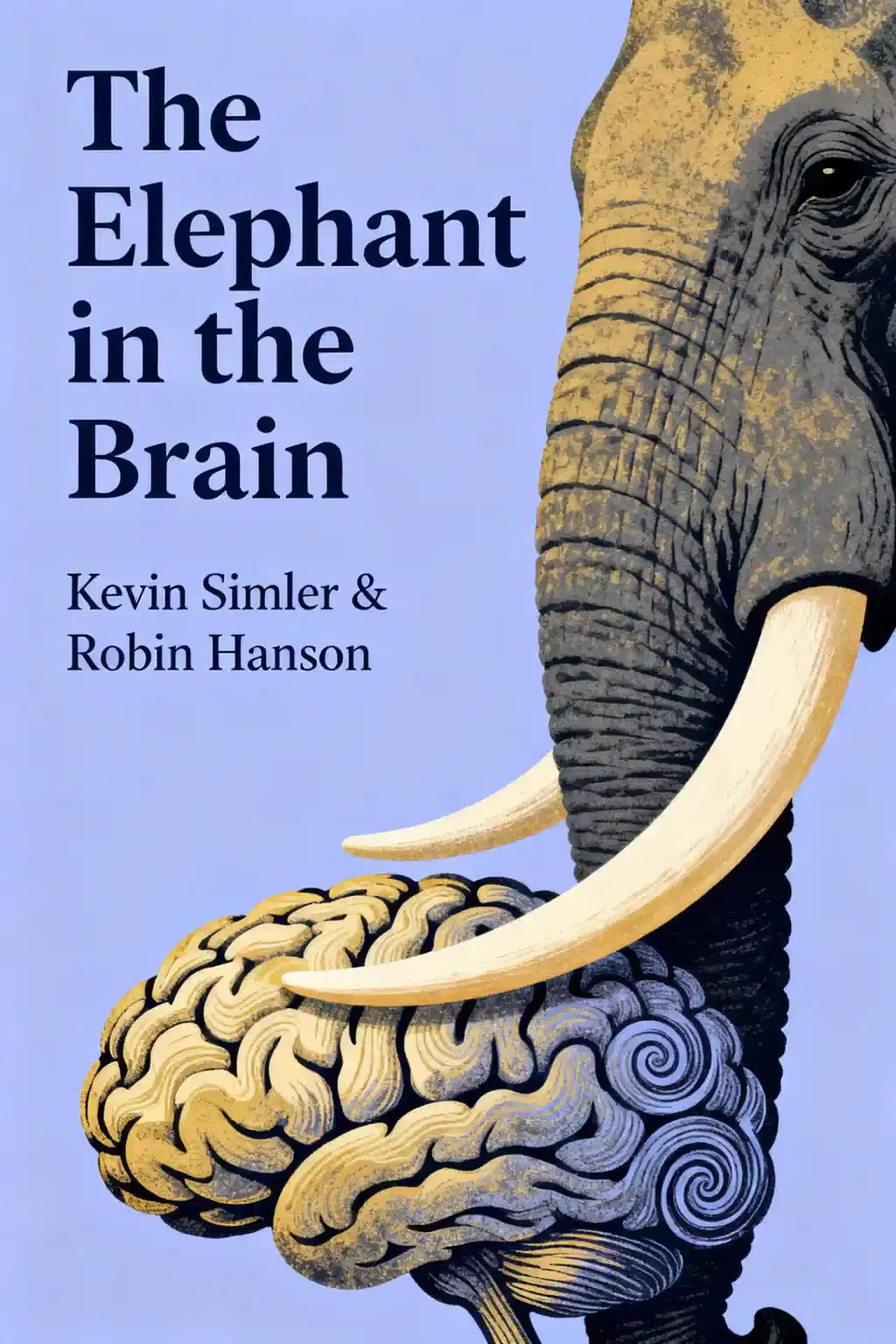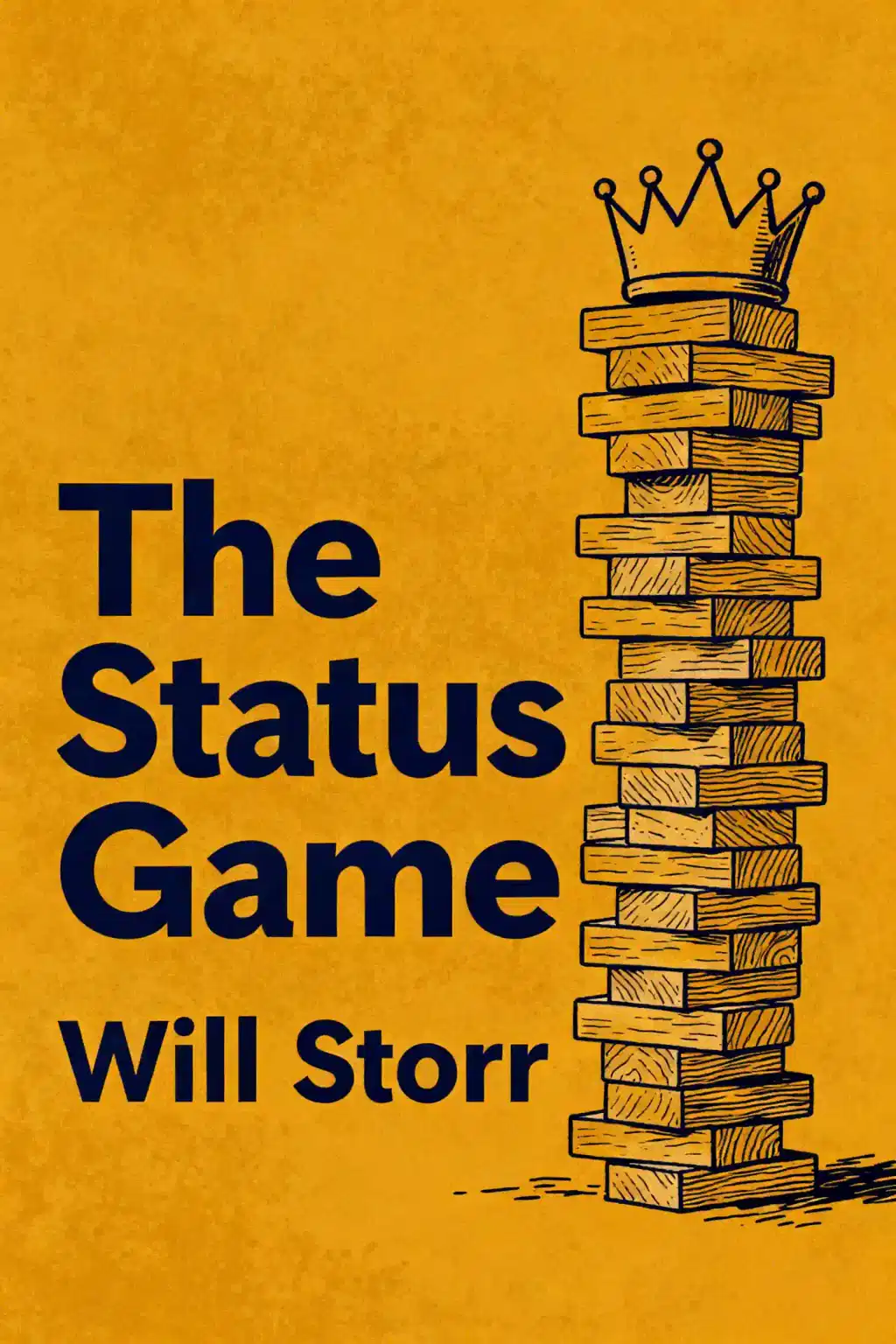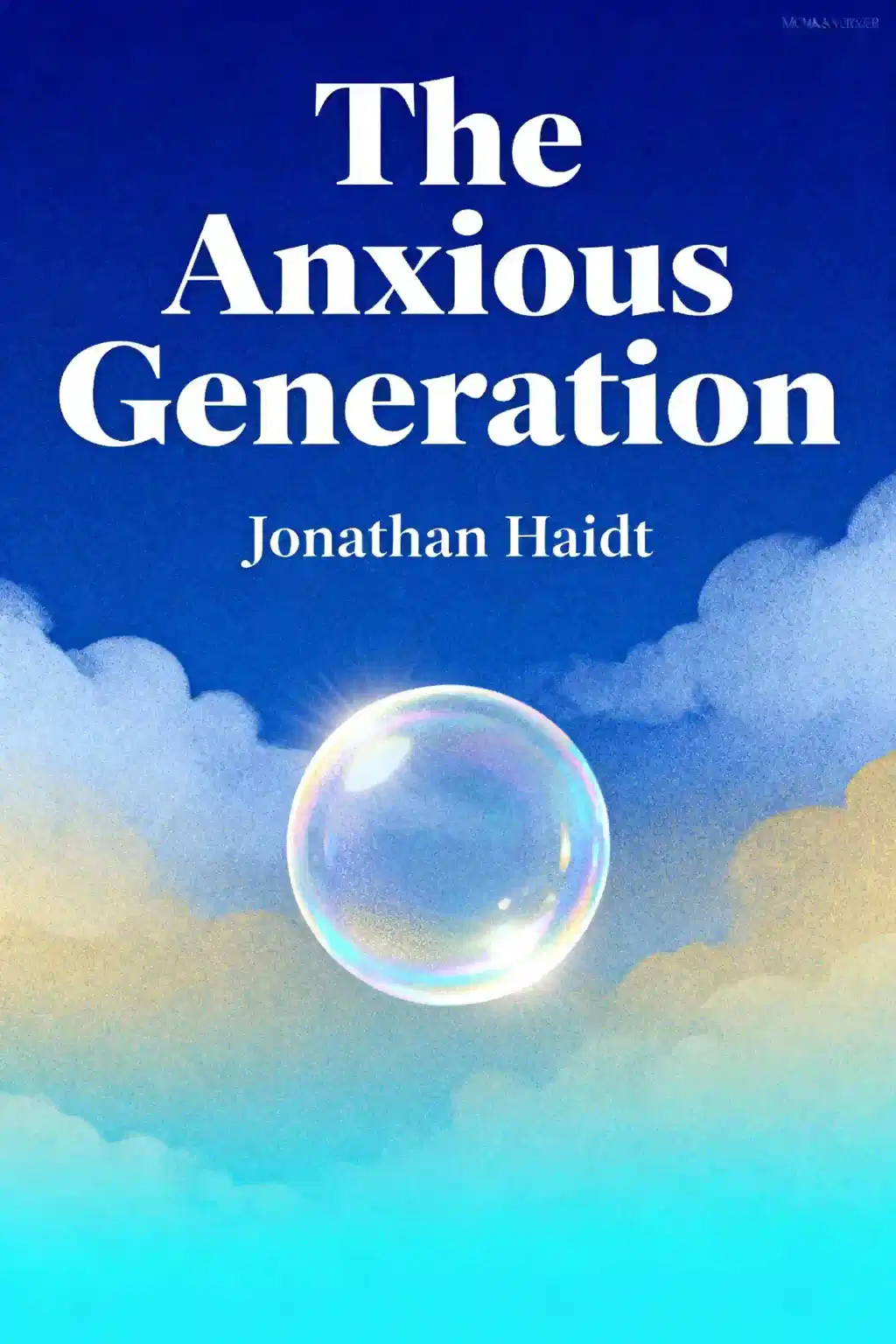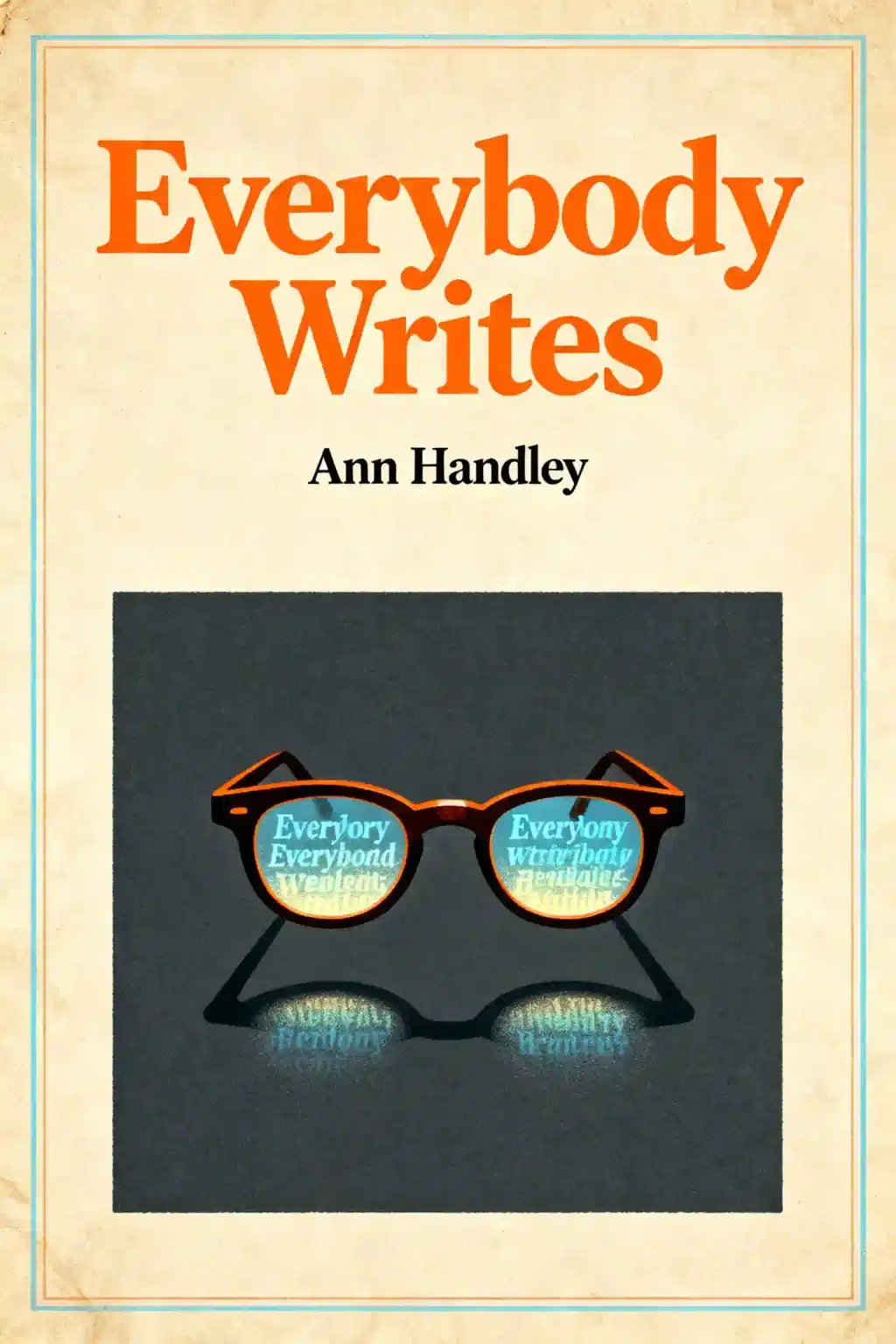What is Blindspot: Hidden Biases of Good People about?
Blindspot: Hidden Biases of Good People by Mahzarin R. Banaji and Anthony G. Greenwald explores the unconscious biases that exist in even the most well-intentioned individuals. The book reveals how cultural attitudes shape our automatic perceptions and judgments about age, gender, race, ethnicity, religion, and social class, creating mental "blindspots" that house hidden prejudices. Using insights from the groundbreaking Implicit Association Test (IAT), the authors demonstrate how these automatic biases—called "mindbugs"—often contradict our conscious values and contribute to discrimination in workplaces, healthcare, education, and criminal justice.
Who are Mahzarin R. Banaji and Anthony G. Greenwald?
Mahzarin R. Banaji and Anthony G. Greenwald are leading psychologists who pioneered research on implicit bias and created the Implicit Association Test (IAT) in 1994. Banaji is a Harvard professor, while Greenwald teaches at the University of Washington, and both have received prestigious awards and served as editors for scholarly psychology journals. Their groundbreaking work has revolutionized how scientists understand the unconscious mind, revealing that 75% of white respondents show automatic preference for white people over Black people, regardless of their conscious beliefs.
Who should read Blindspot: Hidden Biases of Good People?
Blindspot is essential reading for anyone committed to social justice, diversity, and equity, including HR professionals, educators, managers, and policymakers. The book is particularly valuable for well-intentioned people who believe themselves to be fair-minded but want to understand how unconscious biases affect their decisions. Leaders in hiring, healthcare, law enforcement, and education will find practical insights for creating more equitable systems. Anyone interested in understanding their own mind and aligning their behavior with their values will benefit from this eye-opening exploration.
Is Blindspot: Hidden Biases of Good People worth reading?
Blindspot is absolutely worth reading—it became a New York Times bestseller and received numerous positive reviews for its accessible explanation of complex psychological research. The book provides scientifically-backed insights that are eye-opening and transformative, helping readers understand how hidden biases operate in everyday life. While the topic can be challenging, Banaji and Greenwald write with simplicity and verve, making the science accessible to general readers. The book's relevance to current discussions about race, gender, and equality makes it particularly timely for understanding and addressing systemic discrimination.
What is the Implicit Association Test (IAT) in Blindspot?
The Implicit Association Test (IAT) is a groundbreaking psychological tool created by Anthony G. Greenwald in 1994 that measures unconscious biases by testing the strength of automatic associations between concepts. The test works by having participants quickly categorize words or images, with response speed and accuracy revealing implicit preferences they may not consciously endorse. The IAT continuously shocks respondents who discover unconscious biases despite believing themselves to be colorblind or unbiased—for example, the Race IAT revealed that 75% of white participants show automatic preference for white people.
What are mindbugs according to Blindspot by Mahzarin R. Banaji?
Mindbugs are automatic mental shortcuts or hidden biases that operate without our conscious awareness, often leading to errors in judgment and discriminatory behavior. Mahzarin R. Banaji and Anthony G. Greenwald use this term to describe the unconscious prejudices that exist in mental "blindspots," much like our visual blind spots that we cannot see. These mindbugs are hardwired in the brain through exposure to cultural attitudes and stereotypes, but people can unlearn them by acknowledging their existence and making deliberate efforts to change thought processes.
What is the difference between automatic and reflective thinking in Blindspot?
Blindspot distinguishes between two components of the mind: automatic (unconscious) thinking and reflective (conscious) thinking. Reflective thought is intentional, conscious, and aligns with our stated values, while automatic thinking is inexplicable, innate, and operates without awareness. The challenge arises because even when our intentions are mindful, our automatic thoughts, feelings, and beliefs can contradict them, steering us toward unconscious discriminatory decisions. Tests like the IAT can expose these automatic biases, allowing the conscious mind to recognize and overcome them.
How can you overcome hidden biases according to Blindspot?
Blindspot suggests several methods for mitigating unconscious biases, though the authors acknowledge that hidden biases are stubborn and difficult to permanently eliminate. Strategies include:
- Increasing awareness through tools like the IAT
- Engaging in deliberate practice
- Exposing yourself to positive images of stereotyped groups—though these effects typically last only six weeks
Blind auditions, such as those used by symphony orchestras to hide applicants' identities, have proven effective in reducing bias. The authors emphasize that acknowledging biases and being open to exploring discrepancies between explicit and implicit attitudes can foster positive societal change.
What is in-group favoritism in Blindspot: Hidden Biases of Good People?
In-group favoritism is the natural tendency to favor one's own social groups over out-groups, which Blindspot identifies as a powerful force of exclusion and discrimination. Based on social identity theory, this bias affects decisions in hiring, healthcare, and education, contributing to systemic inequalities as resources are hoarded and protected by the in-group. Mahzarin R. Banaji and Anthony G. Greenwald argue that in-group privilege may be even more damaging than overt prejudice because it operates unknowingly, making it harder to detect and address. The degree of in-group favoritism is shaped by cultural and societal contexts, suggesting that awareness can help mitigate its effects.
What are the criticisms of Blindspot by Mahzarin R. Banaji?
While Blindspot received positive reviews and became a bestseller, some readers find the solutions offered somewhat limited, as the book acknowledges that methods for permanently eliminating biases remain elusive. The authors note that research shows implicit biases can be temporarily reduced through exposure to positive images, but effects generally don't last more than six weeks. Critics also point out that while the book excels at revealing the problem of hidden biases, practical strategies for everyday application remain challenging to implement in real-world social interactions. However, the book's emphasis on awareness and acknowledgment remains valuable even if complete elimination of biases proves difficult.
How does Blindspot relate to workplace discrimination and hiring?
Blindspot demonstrates how unconscious biases significantly impact workplace decisions, from hiring and promotions to performance evaluations and team dynamics. The book uses the example of symphony orchestras implementing blind auditions to hide applicants' identities, which dramatically increased the hiring of women musicians—illustrating how removing visual cues can reduce bias. Mahzarin R. Banaji and Anthony G. Greenwald show that even well-intentioned managers harbor automatic stereotypes about race, gender, and age that affect their judgment of candidates' abilities and potential. Understanding these mindbugs can help organizations create more equitable hiring practices and promote diversity.
What books are similar to Blindspot: Hidden Biases of Good People?
If you found Blindspot valuable, consider reading White Fragility by Robin DiAngelo and Biased: Uncovering the Hidden Prejudice That Shapes What We See, Think, and Do by Jennifer L. Eberhardt, both of which explore how hidden prejudices shape thoughts and actions. Other related books include Thinking, Fast and Slow by Daniel Kahneman, which examines automatic versus deliberate thinking, and Whistling Vivaldi by Claude M. Steele, which explores stereotype threat. For practical applications, The Person You Mean to Be by Dolly Chugh offers strategies for confronting bias in everyday life, while Blink by Malcolm Gladwell examines the power of unconscious thinking.
